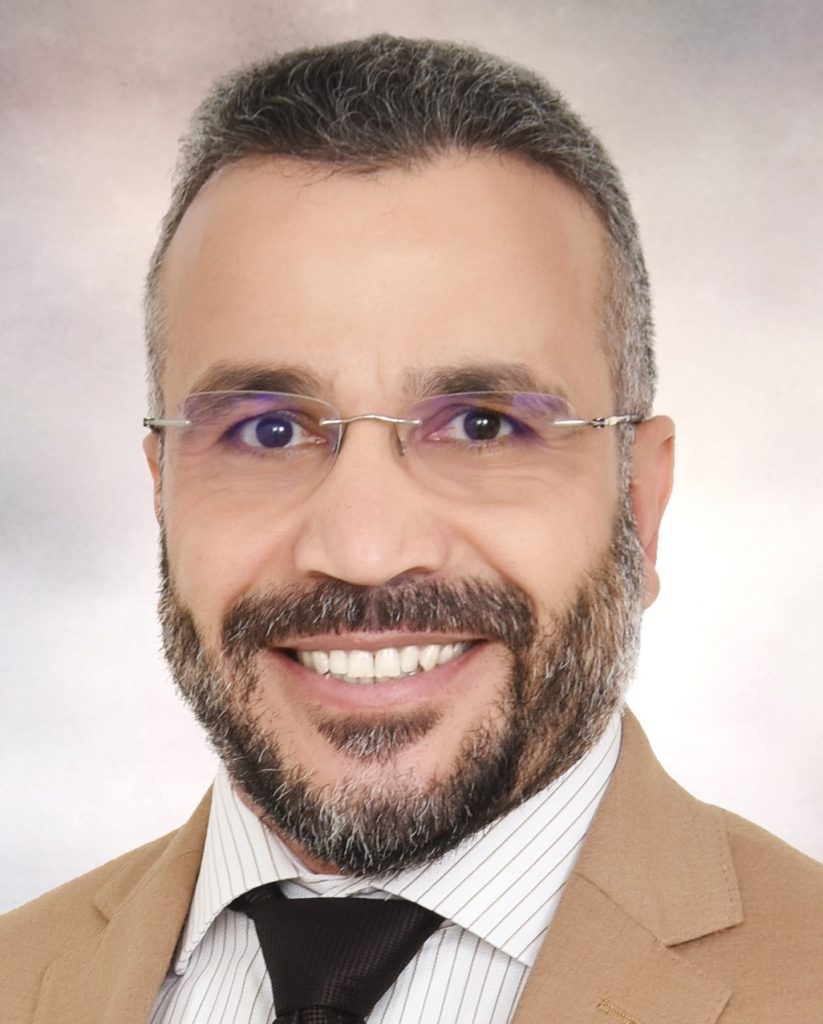Keynotes
AI-based cybersecurity for the Internet-of-Things: Challenges and future directions
According to DBLP, Prof. Damiani has authored 213 international journal papers, 393 refereed articles in proceedings of international conferences, and published 85 books and
chapters as an author or editor. According to Google Scholar, Ernesto’s work has been cited more than 26,300 times, and his h-index is 66; 409 of his papers have at least ten citations. On Scopus, he has 790 publications and 11,900 total citations by 9,700 documents. HisScopus h-index is 46. He is considered among the most prolific computer scientists in the MENA region. Among his books, notable are “Open Source Systems Security Certifications” (with C.A. Ardagna, N. El Ioini, Springer, 2008), “Intelligent Multimedia Multi-Agent Systems: A Human-Centred Approach (with R. Khosla, I. K. Sethi, Springer, 2010)”, and “Human-Centred e-Business” (with R. Khosla and W. Grosky, Elsevier, 2003). Ernesto Damiani is also a co-inventor of several industrial patents. He has founded several start-ups in Italy and in the UAE.
In 2017, he received a doctorate honoris causa from INSA-Lyon for his contributions to research on Big Data. Prof. Damiani is an ACM Distinguished Scientist (2008), and a Senior Member of the IEEE. In 2022, Ernesto Damiani was awarded the rank of Officer of the Order of the Star of Italy for his contributions to international scientific collaboration in AI. In 2021, he has been awarded the IEEE TCHS Research and Innovation Award by the IEEE SMC Technical Committee on Homeland Security (TCHS). In 2019, he was designated as a member of the Italian government’s board of experts on Blockchain. In 2016, he received the IEEE ICWS/Service Society Stephen S. Yau Award. In 2011, he received the International Federation on Information Processing (IFIP) Outstanding Contributions Award. In 2007, he received the IEEE IES Chester-Sall Award. In 2000, Ernesto Damiani received the ACM SIGAPP Outstanding Service Award (2000).
Abstract
How can we create technologies to help us reflect on and potentially change our behavior, as well as improve our health and overall wellbeing both at work and at home? In this talk, I will briefly describe the last several years of work our research team has been doing in this area. We have developed wearable technology to help families manage tense situations with their children, mobile phone-based applications for handling stress and depression, as well as automatic stress sensing systems plus interventions to help users just in time. The overarching goal in all of this research is to develop intelligent systems that work with and adapt to the user so that they can maximize their personal health goals and improve their wellbeing.

ERNESTO DAMIANI
Dean of the Computing and Mathematical Science College, Director of Center on Cyber-Physical Systems (C2PS), Professor, Department of Computer Science, at Khalifa University, Abu Dhabi, UAE

Dr. Fuad Alattar
Senior Vice President with Siemens
Personalised health driven by digital health systems and multi-source health/environmental data, ML/AI/DL analytics and predictive models
Dr. Fuad Alattar is a Senior Vice President with Siemens, managing the Digital Enterprise Services business unit in the Middle East since 2017. He has more than 25 years’ experience in automation engineering, OT Cybersecurity, and digitalization fields, including positions of General Manager, Operations Manager, and Engineering Manager.
Throughout his career, he designed the digital systems for dozens of prestigious projects, including the First Smart Multi-Aircraft Docking System in the World, the Largest RO/UF Plant in the World, the Largest Offshore-Onshore Integration Project in the Middle East, and an H2O Award Winning Project.
Dr. Alattar holds a PhD degree in Artificial Intelligence, and he is an active researcher in OT Cybersecurity, Machine Learning, Signal Processing, and Natural Language Processing topics. He was selected by ARAMCO standards’ department to carry out Value Engineering for critical process automation and protection systems.
Abstract
The last years saw a steep increase in the number of wearable sensors and systems, mhealth and uhealth apps both in the clinical settings and in everyday life. Further large amounts of data both in the clinical settings (imaging, biochemical, medication, electronic health records, -omics), in the community (behavioral, social media, mental state, genetic tests, wearable driven bio-parameters and biosignals) as well as environmental stressors and data (air quality, water pollution etc.) have been produced, and made available to the scientific and medical community, powering the new AI/DL/ML based analytics for the identification of new digital biomarkers leading to new diagnostic pathways, updated clinical and treatment guidelines, and a better and more intuitive interaction medium between the citizen and the health care system.
Thus, the concept of connected and translational health has started evolving steadily, connecting pervasive health systems, using new predictive models, new approaches in biological systems modeling and simulation, as well as fusing data and information from different pipelines for more efficient diagnosis and disease management.
In this talk, we will present the current state-of-the-art in personalized health care by presenting cases from COVID-19 and COPD patients using advanced wearable vests and new technology sensors including lung sound and EIT, new outcome prediction models in COVID-19 ICU patients fusing X-Rays, lung sounds, and ICU parameters transformed via AI/ML/DL pipelines, new approaches fusing environmental stressors with -omics analytics for chronic disease management, and finally new ML/AI-driven methodologies for predicting mental health diseases including suicidality, anxiety, and depression.


